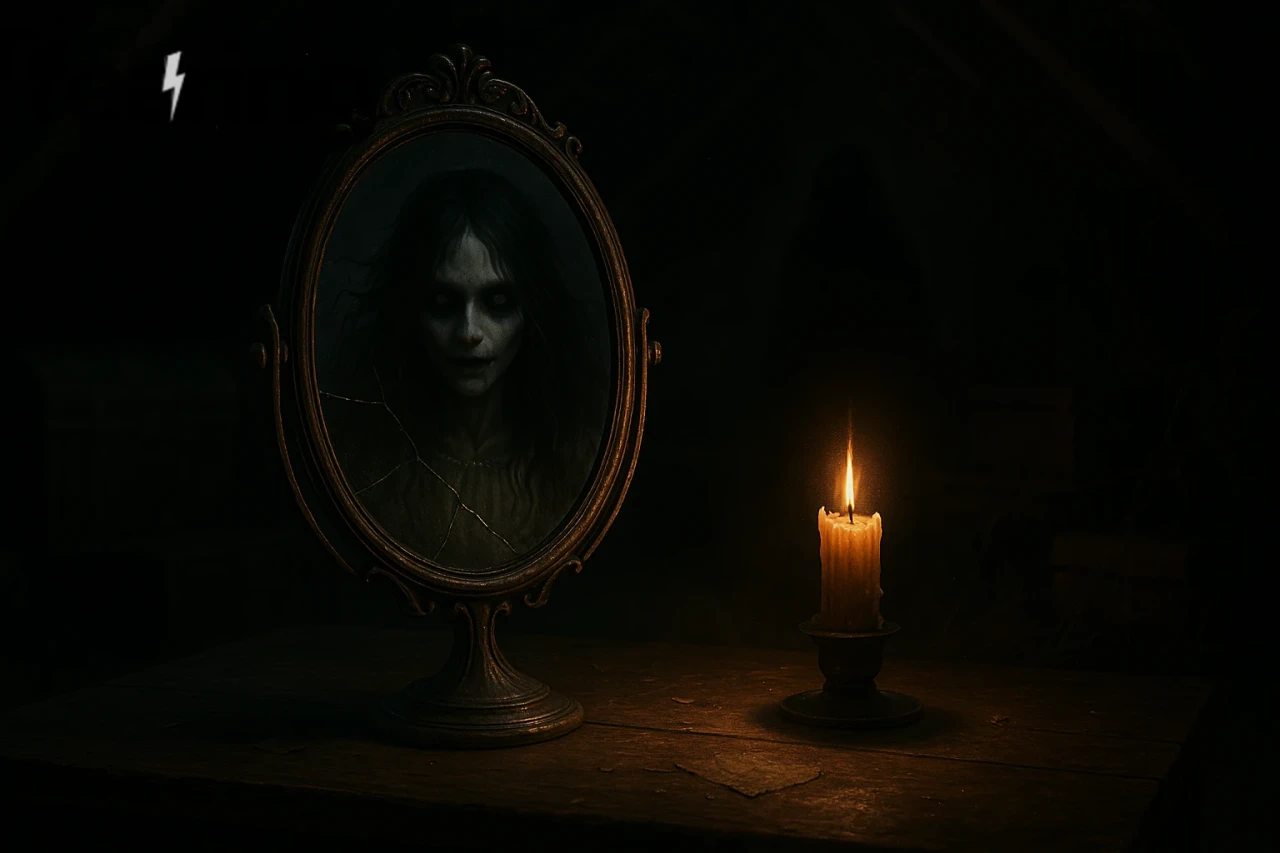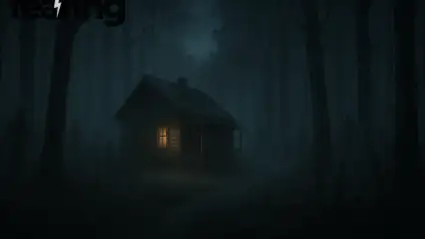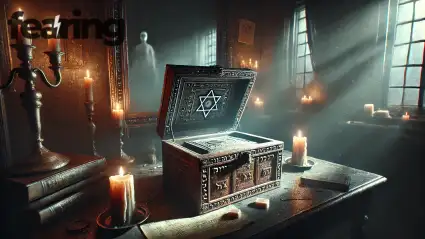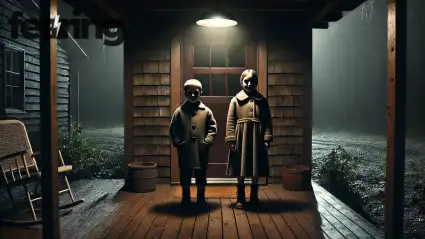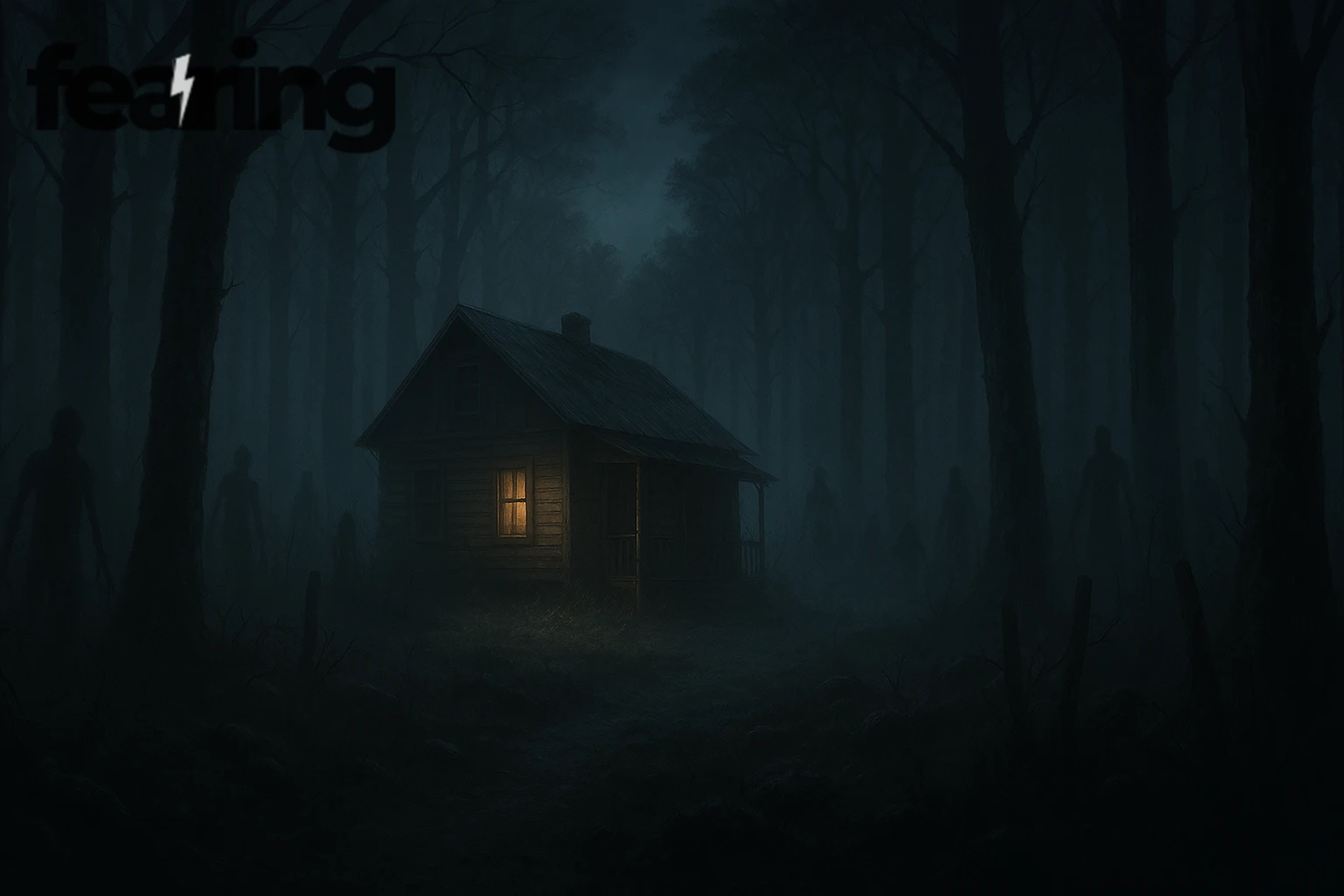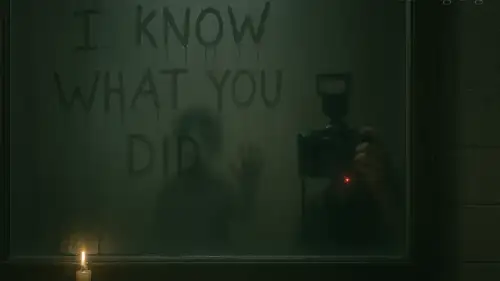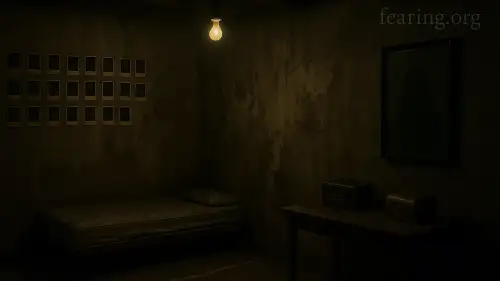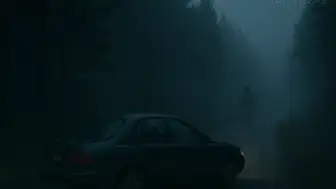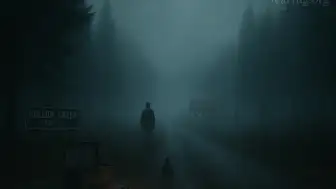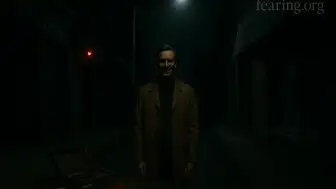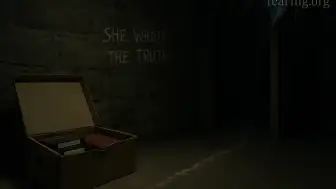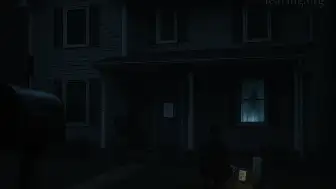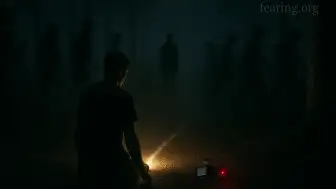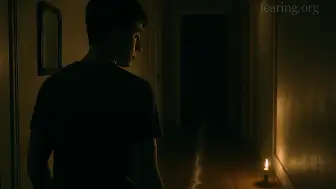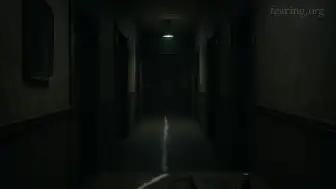They say the oldest stories are the most dangerous. The ones that survive for generations—not just because they're terrifying, but because they're true enough to cling to you. Not in the obvious ways, like monsters under the bed or skeletons in closets, but in whispers, in moments of stillness, in things you can’t explain even when you want to.
This is one of those stories.
It was passed to me by my grandmother, who claimed it had happened to her when she was seventeen. She told it once, late at night during a thunderstorm, her hands trembling over her tea even though the cup sat untouched for over an hour. It’s about a girl named Elsie Hartwell, though my grandmother always said names never mattered. “What matters,” she whispered, “is that someone listens. Because it always comes back.”
Elsie was an orphan, raised by her aunt in a small English town with too much fog and not enough streetlights. Her aunt was a stern, practical woman who forbade mirrors in the house. Said they were “open doors.” Elsie thought that was nonsense. Until the night she saw something in the glass that wasn’t her reflection.
It began in winter. The days were short. The nights longer. The house was old and drafty, filled with strange groans in the walls and sighs in the floorboards. One evening, as Elsie walked past the hallway cupboard, she caught a glimpse of something shiny wedged behind a stack of forgotten linens.
A hand mirror. Silver-framed, its glass slightly warped with age.
She took it.
Her aunt never knew.
At first, it was harmless. Elsie would stare into it at night, brushing her hair by candlelight. She would see herself, sleepy-eyed and young, a face still untouched by the sadness of adulthood. But then the mirror began to show her more.
Reflections that didn’t quite match her movements.
A smile that lingered a second too long.
A blink that came before she’d moved her eyes.
She convinced herself it was imagination. The mirror was old. The glass distorted. That’s what she told herself. Until one night, it changed.
She was brushing her hair when the mirror went dark. Not black—but deep, like looking down a well. Then something moved inside it.
Not her.
Not a reflection.
A girl, pale and hollow-eyed, looking out from inside the glass. Her hair floated around her like she was underwater. Her mouth moved, slowly, and though no sound came out, Elsie could hear her.
"Let me out."
Elsie screamed. Dropped the mirror. It cracked across the middle but didn’t shatter. Her aunt came running, saw the mirror on the ground, and slapped it from her hands.
"You brought it back," her aunt said. "I buried it. I buried her."
They argued. Elsie demanded answers. Her aunt refused. Said she’d explain in the morning.
There was no morning.
When Elsie woke, the house was cold. Too quiet. Her aunt’s room was empty. No signs of a struggle. No signs of packing. Just one thing left behind:
The mirror.
On the kitchen table. Upright. Waiting.
This time, Elsie didn’t look. She covered it in cloth, wrapped it in burlap, and walked for miles to the old stone bridge outside town. She dropped it into the river and watched until it sank out of sight.
She never spoke of it again.
Until years later, when my grandmother, Elsie Hartwell, gave the mirror to my mother.
And now it sits in my attic. Covered. Waiting.
I haven’t looked at it.
But sometimes, when the house is quiet, I hear brushing.
Like hair being combed by candlelight.
Like someone getting ready.
And on the coldest nights, just before sleep takes me, I hear a voice that isn’t mine echo from somewhere upstairs:
"Let me out."
If you find a mirror, old and silver-framed, one that doesn’t quite show you right—
Do not look too long.
Do not bring it home.
And for the love of whatever keeps us safe in the dark—
Never answer.

